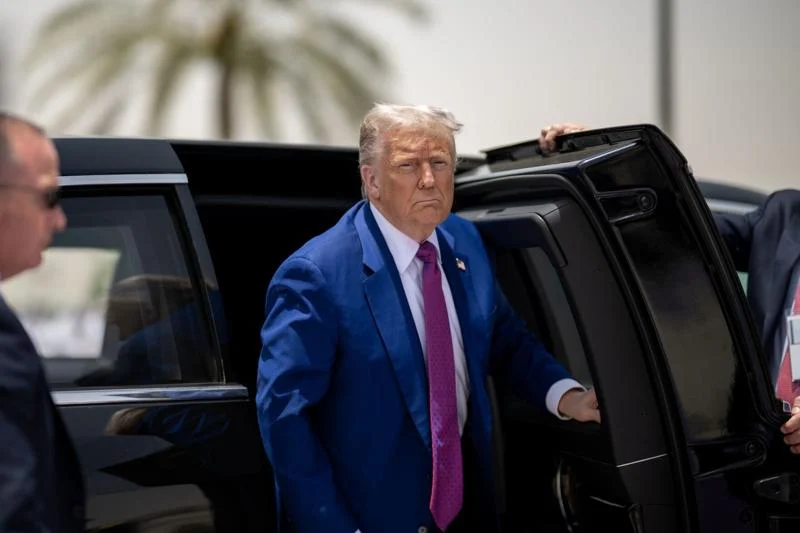A Virginia electronics retailer says President Donald Trump’s on-again, off-again tariffs have crippled its ability to make business decisions ahead of the crucial Christmas shopping season.
Crutchfield, which started in 1974 as a mail-order stereo equipment business, recently filed an amicus brief in a case challenging Trump’s tariffs under the International Emergency Economic Powers Act of 1977. Through its website and catalog operation, Crutchfield sells everything from car stereos to drones. The company buys most of its products from overseas suppliers and vendors. The company said many of its products are only made and sold by overseas suppliers and vendors.
“Thus, tariffs imposed today, and the threat of additional tariffs imposed tomorrow, matter,” the company wrote in the brief.
Company officials are concerned that the company won’t be prepared for the holiday season, which accounts for an outsized portion of its sales.
“The threat of additional tariffs of unknown size likewise has a crippling effect on Crutchfield’s ability to make business decisions,” attorneys Peter Brann and David Swetnam-Burland wrote on behalf of Crutchfield Corp. “Although many of the highest announced tariffs are currently paused, they hang like the proverbial sword of Damocles over every retailer that imports any product, or component part, from anywhere in the world.”
The attorneys said company officials can’t plan.
“Crutchfield cannot engage in rational business planning if tariffs can be increased, decreased, suspended, or altered on a moment’s notice without any recourse,” according to the brief.
Worse still, Crutchfield is trying to plan for the high-stakes holiday shopping season.
“Just as Irving Berlin wrote White Christmas in the summer, to prepare for the 2025 holiday season, Crutchfield must make critical business decisions now. To send its catalogs in time for the holidays, it must determine what products to sell and finalize straightaway for the printers the catalog copy, including the prices,” according to the brief. “Customers expect, and regulators require, that prices advertised in the catalog are accurate.”
On April 2, dubbed “Liberation Day” by the president, Trump announced reciprocal tariffs on scores of other nations but suspended those higher rates for 90 days while his trade team went to work. Since then, Trump’s team has announced a limited trade deal with the United Kingdom and a tariff truce with China while talks continue.
Those “Liberation Day” tariffs face legal challenges from states and small businesses.
A three-judge panel on the U.S. Court of International Trade unanimously ruled last week that Congress did not give the president tariff authority under the International Emergency Economic Powers Act of 1977. The court gave Trump 10 days to unwind all the tariffs he issued under IEEPA. The administration appealed that decision and asked for an emergency stay. The appeals court granted that request, putting the Court of International Trade ruling on hold while the appeal continues.
Economists, businesses and some publicly traded companies have warned that tariffs could raise prices on a wide range of consumer products.
Trump has said he wants to use tariffs to restore manufacturing jobs lost to lower-wage countries in decades past, shift the tax burden away from U.S. families, and pay down the national debt.
A tariff is a tax on imported goods paid by the person or company that imports the goods. The importer can absorb the cost of the tariffs or try to pass the cost on to consumers through higher prices.






